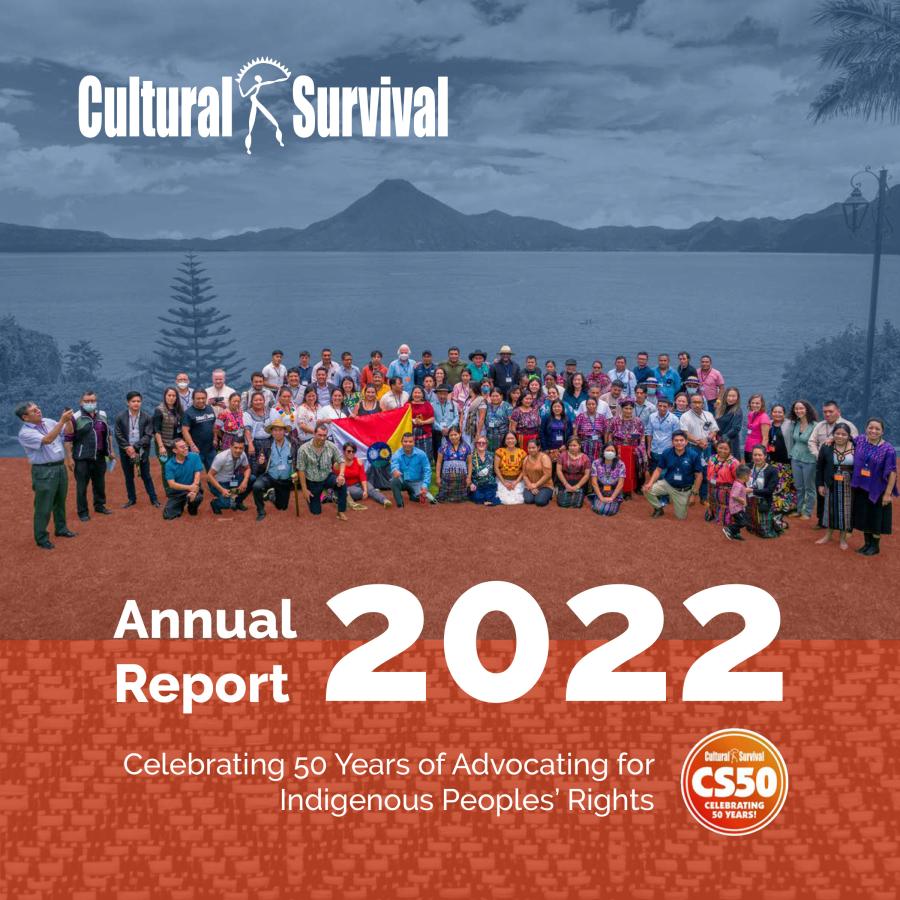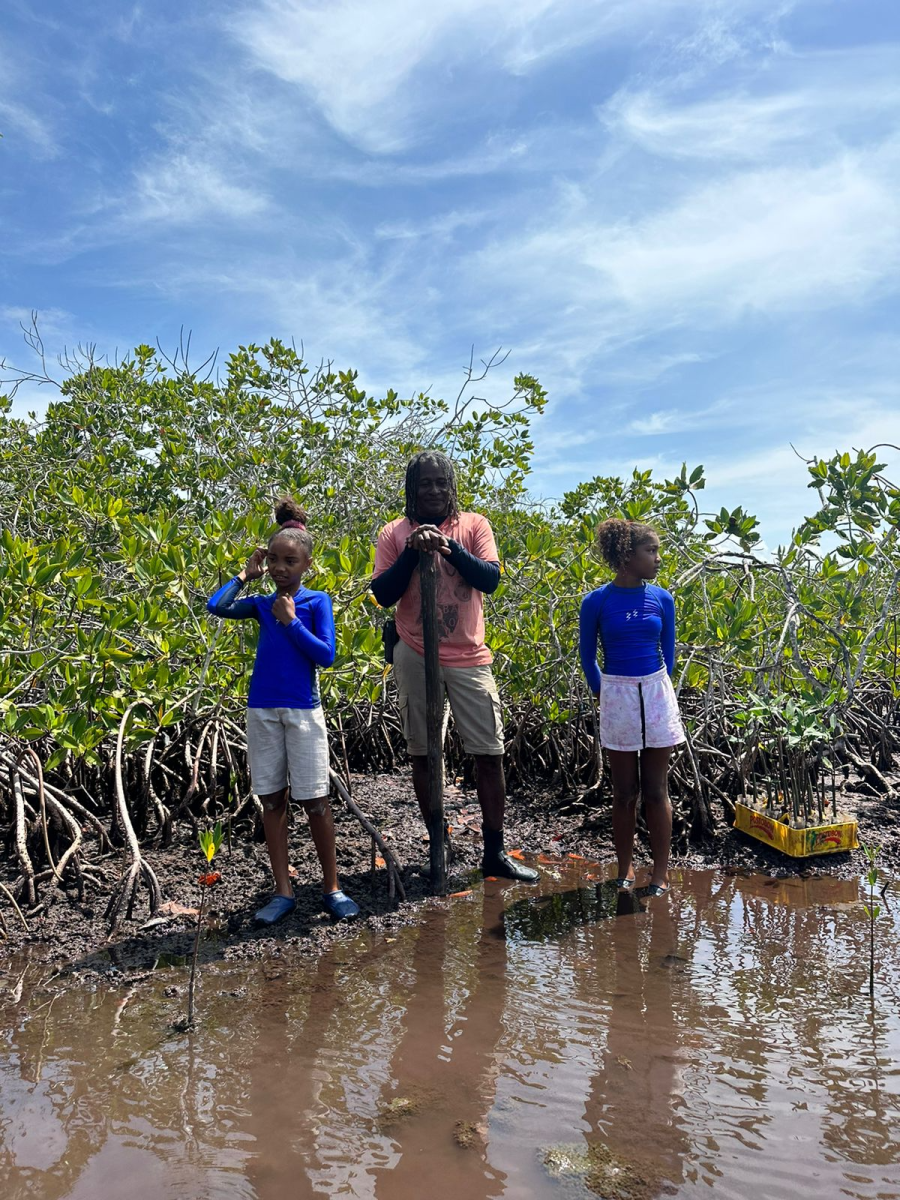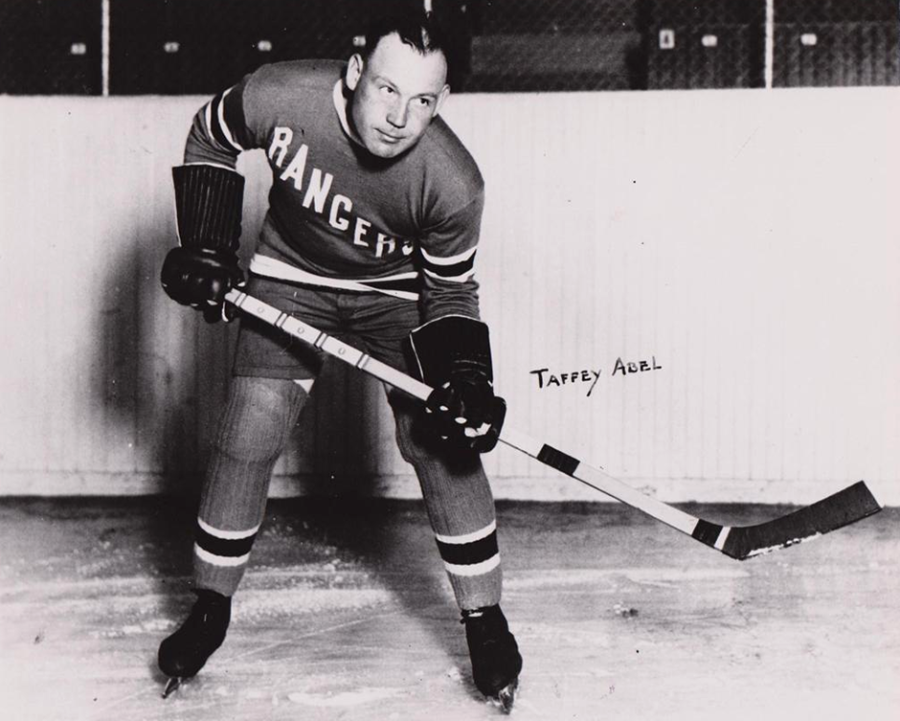By Madeline Black
On June 30, 2016, a consultation took place at the United Nations in New York to discuss enhanced participation of Indigenous Peoples in UN decisions that affect their lives. Several other consultations have taken place prior to the June 30 consultation, all of which have been conducted by the president of the UN General Assembly and selected advisors. These consultations are a step in the process that began when member states of the General Assembly at the World Conference on Indigenous Peoples committed to consider ways to enable Indigenous Peoples’ representation in UN meetings on issues that affect them. Since this commitment was made in December 2015, the president of the General Assembly has conducted consultations to gather the views of member states and Indigenous Peoples’ institutions. These views have advised possible ways for Indigenous Peoples to participate, but have also sparked a debate over what this process means for Indigenous Peoples and their right to self- determination.
Although participation at the UN has always been and remains centered around states, outside organizations are sometimes granted participatory roles, including as observers in General Assembly meetings. The consultations that have been held seek the address the question of what type of participatory role Indigenous representatives and organizations should hold. Indigenous Peoples are not considered states, yet they are peoples with collective rights and therefore fall into a different category than non- government organizations.
Currently, the UN Charter and the UN Declaration on the Rights of Indigenous Peoples confirm Indigenous Peoples’ right to self- determination. The Foundation for Aboriginal and Islander Research Action (FAIRA) calls on states to fulfill their UN mandated duties, stating that “the role and responsibility of States is not to establish or maintain territorial and sovereign rights over the territories of other peoples but to assist the development of self- determination whereby peoples are able to freely determine their political status.” This right cannot be fully realized until Indigenous Peoples have the mechanism to be heard in UN meetings that are typically dominated by state parties but concern issues that affect them.
The American Indian Law Alliance (AILA) expressed its concern over the involvement of states in Indigenous Issues including enhanced participation, saying that “many UN members states do not even recognize that they have Indigenous Peoples living within their borders.” The AILA worries that enhanced participation is simply another way to limit the participation of Indigenous organizations and further marginalize the Indigenous population.
One issue that the consultations address is the way in which Indigenous Peoples’ representatives and institutions should be able to participate. One possible solution is granting Indigenous Peoples’ the status of observers. Though this would grant Indigenous Peoples’ the right to speak, they would still not have the right of reply, the ability to take initiatives, or the power to vote. Another possible mode of participation is granting a set number of speaking slots that would be allotted by region.
In a statement about the consultation, FAIRA suggested that “Indigenous Peoples delegates should be able to participate in the drafting of resolutions” and should speak and be seated in order after states but before UN agencies. Other FAIRA recommendations include granting observer status, allowing two presentations from Indigenous Peoples’ delegates per region, and granting the already established UN bodies, the Permanent Forum on Indigenous Issues and the Expert Mechanism on the Rights of Indigenous Peoples, the opportunity to present at the General Assembly.
Another important question is how Indigenous Peoples representative and institutions should earn accreditation. Methods of accreditation would decide which groups qualify as Indigenous representatives or institutions. But who has the right or ability to decide which organizations can participate? Should this power fall to a newly formed body composed of Indigenous representatives and states, or to independent experts? How can we distinguish qualifying organizations and define which indigenous institutions can participate?
These questions sparked a debate that examines the right of self-determination and whether a system that enhances participation of Indigenous Peoples, yet defines who qualifies as Indigenous Peoples, supports or violates the right of self-determination. In a statement about the consultation, FAIRA said that “The procedures to accredit observer status should not be seen to define Indigenous Peoples but should ensure authenticity of the representatives.” FAIRA proposed that a new body be established to oversee accreditation, comprised of state and Indigenous Peoples representatives.
The AILA, however, expressed concern with the proposed system of accreditation. They said that they “continue to assert that this proposed body to oversee accreditation is in direct violation of our right to self- determination” and that the idea that member states have the right to decide who gets accreditation is “discriminatory on its face.”
AILA further criticizes the process, stating that “as observed by the small number of people in attendance today, we can clearly see that only a few voices are heard regarding these important discussions.” They hold that the method of electronic consultation that has been used in the process excludes the many Indigenous people without internet access. They call for a more comprehensive and inclusive plan.
Although there remains disagreement over the procedural aspects of enhanced participation, the attention that the United Nations has paid to the issue is critical to the movement pushing for change in how Indigenous Peoples are represented in the international community. Though much work still needs to be done, these consultations will help give voice to Indigenous Peoples in venues where they have previously been silenced.
“At the June 30th consultation, the participation of Indigenous representatives was less than optimal since State representatives made up the majority of the participants,” Mark Camp, Cultural Survival Deputy Director expressed his concern after attending the session, ”Who is present in the room shapes the direction of the dialogue. Most seem to acknowledge that another category is needed to make sure Indigenous Peoples can participate at the UN in a meaningful way, however the path forward is not clear yet.”



